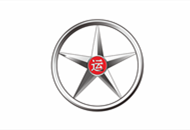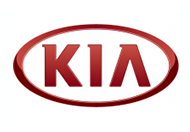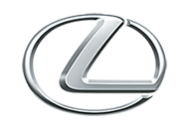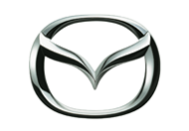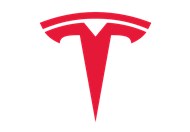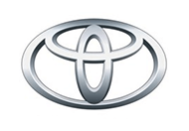Brazil becomes China’s largest EV and PHEV export market
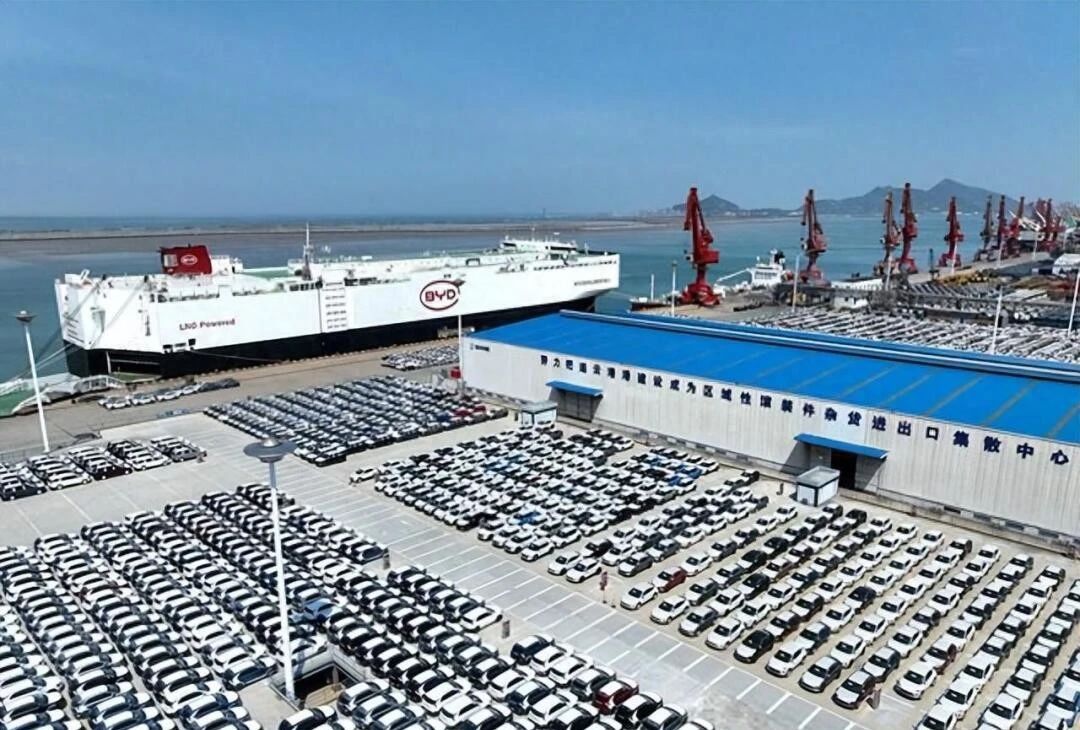
Recent industry reports indicate that Chinese automakers are beginning to expand into non-European markets, particularly Brazil, against the backdrop of the European Union’s countervailing investigation into Chinese electric vehicles. Data shows that Brazil has surpassed Belgium as the main destination for China’s new energy vehicle exports.
In April alone, the number of pure electric and plug-in hybrid vehicles exported from China to Brazil jumped 13-fold year-on-year to a total of 40,163 units, making Brazil China’s largest new-energy vehicle export market for the second consecutive month, according to statistics from the China Association of Passenger Vehicle Manufacturers (CAPM).
However, the Brazilian government plans to raise import tariffs on electric and hybrid vehicles starting in July in order to incentivize the development of domestic auto manufacturing. The policy change has prompted some Chinese automakers to start investing more in local production in Brazil. For example, BYD is building a production base in Brazil and plans to start production by the end of the year or early 2025. Great Wall Motor also announced that its Brazilian plant will be operational this month.
In terms of overall auto exports, Brazil also became China’s second-largest auto exporter in April, after Russia. According to Cui Dongshu, secretary-general of CAPM, Russia, which has been affected by Western sanctions, is expected to remain China’s largest auto export market.
The data from CAPM also revealed a significant drop in the number of electric passenger cars imported from China in the first four months of this year by countries such as Spain, France, the Netherlands and Norway. Cui Dongshu said that despite the EU’s anti-subsidy investigations that have disrupted China’s auto exports to the EU, Chinese automakers are actively looking for new export opportunities in South America, Australia and ASEAN.
In terms of export growth, China’s car exports to Russia rose 23 percent year-on-year to 268,779 units in the first four months of this year. During the same period, automobile exports to Mexico and Brazil also realized growth of 27 percent and 536 percent to 148,705 units and 106,448 units, respectively. These figures show that Chinese automakers are adapting to changes in the global market and are constantly exploring new export markets.










